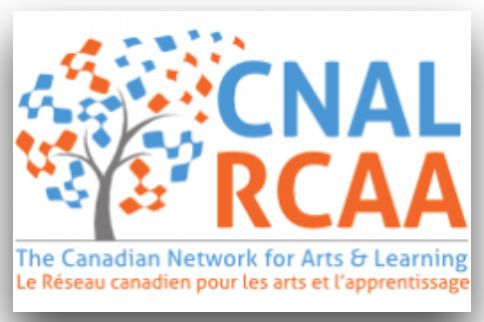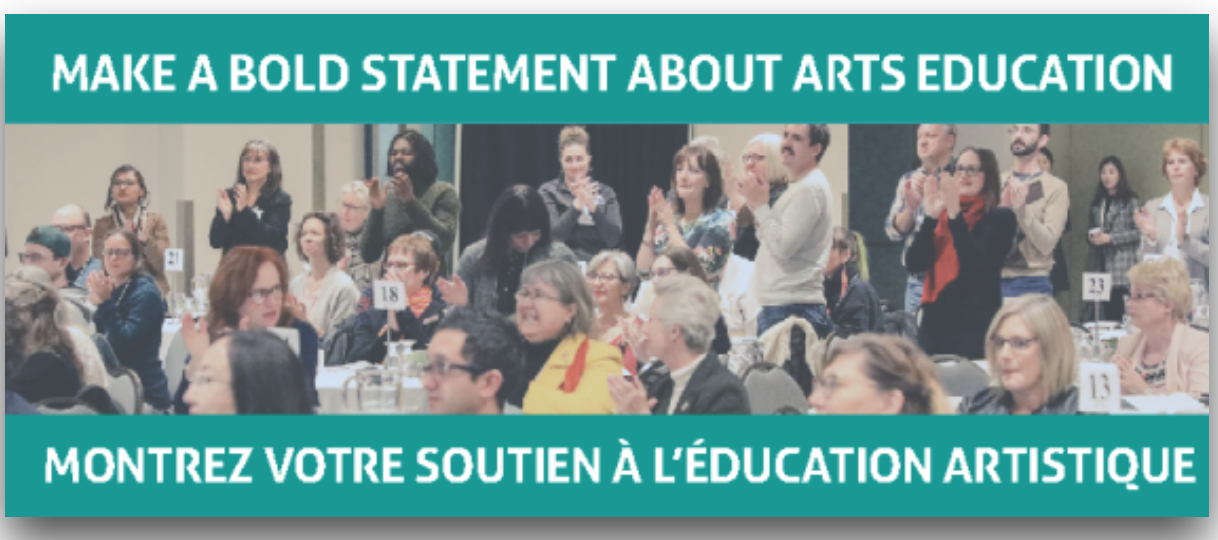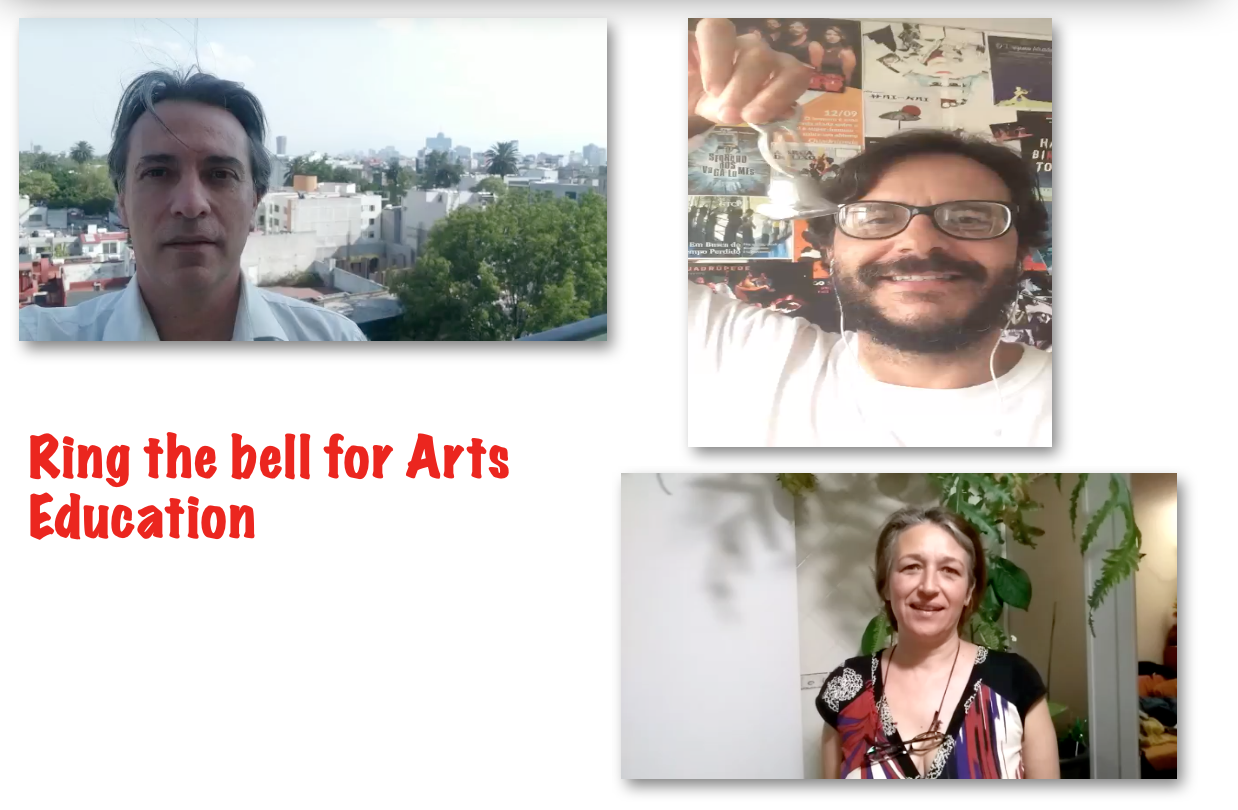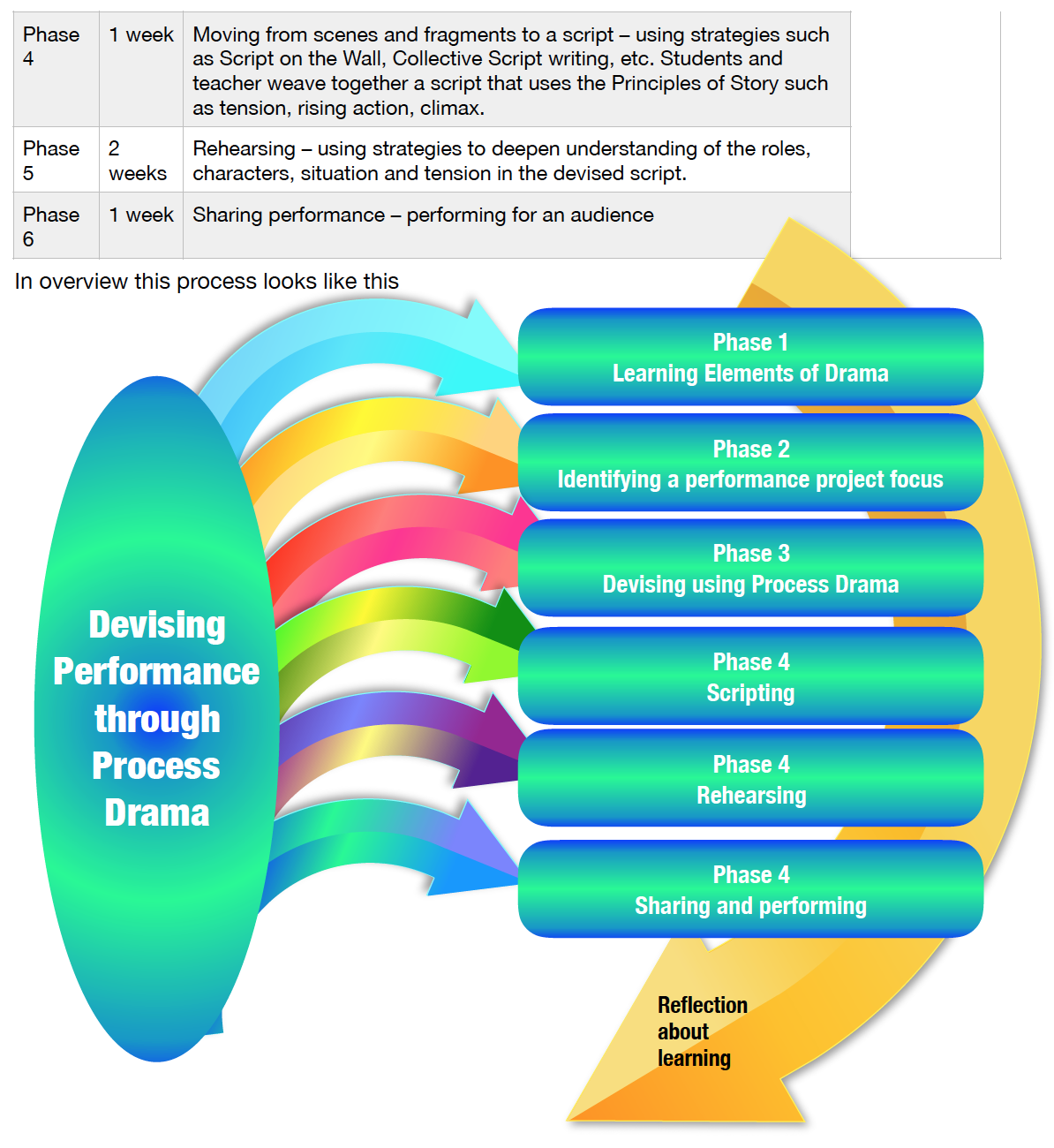Support International Arts Education Week May 25-31 2020
/Each year the last week of May is declared UNESCO International Arts Education Week.
It is an opportunity to advocate for arts education in all its diversity.
The WAAE World Alliance for Arts Education (FaceBook) has again promoted International Arts Education Week with poster, events and webinars.
Check out the following sent by UNESCO.
Watch this promotional video from UNESCO
Watch this Video Message from the UNESCO Assistant Director-General for Culture
Read this UNESCO Director-General's statement
Message from Audrey Azoulay, Director-General of UNESCO, on the occasion of International Arts Education Week 25 – 31 May 2020
International Arts Education Week is an opportunity to promote learning with and through the arts to improve the quality and relevance of our education systems, nurture creative thinking and resilience.
UNESCO – as the only United Nations agency with a core mandate encompassing culture, heritage, arts, creativity and education – is committed to joining forces with its Member States to step up cooperation, mobilizing civil society, educators and arts professionals to fully harness the potential of both culture and education.
On this day, I call upon everyone to join us in celebrating International Arts Education Week, so we can make this disaster into flowers, to offer to the world.
IDEA the International Drama/Theatre and Education Association is celebrating International Arts Education Week in collaboration with WAAE. You can find out more information on the IDEA web page (FaceBook: https://www.facebook.com/IDEA.DRAMA and https://www.facebook.com/robin.pascoe.391)
Ring the Bell for Arts Education
Sanja Krsmanovic Tasic from CEDEUM in Serbia amplified an idea from Tintti Karppinen from FIDEA in Finland challenged us all to ring the bell for arts education - to create a flash mob event of bell ringers.
IDEA Webinar 1 May 30 – Reviving the Soul of the Seoul Agenda on Arts Education
The other initiative of IDEA is to organise its first Webinar - as part of a larger strategy responding to the current Pandemic and the cancellation of the IDEA2020 Congress.
You can still register for this webinar at https://us02web.zoom.us/webinar/register/WN_hMZdJH1AR_qDioGjpjkxoQ
IDEA is looking forward to further webinars to bring together the worldwide membership of drama educators. And there’s more
For example, The Canadian Network for Arts & Learning made A Call to Action on Arts Education
“The Canadian Network for Arts & Learning calls on governments, artists, educators, professional organizations, researchers, universities, communities, and all advocates of arts and learning to endorse the following principles to ensure that the arts are positioned to make an increased and sustainable contribution to learning both at school and throughout our communities.
To kick off International Arts Education Week, they are officially launching an endorsement campaign for our Call to Action on Arts Education. COVID-19 has devastated the arts and learning sector, threatening to push the arts completely out of post-pandemic school programming while limiting the impact of the sector on broader community revival. Your endorsement will help our advocacy efforts as we seek to sustain and grow arts and learning in an emerging new normal. By adding your name, you will make a bold statement that arts and creativity are integral to the learning process, both at school and throughout life, and are fundamental to the development of the fully realized individual.”












